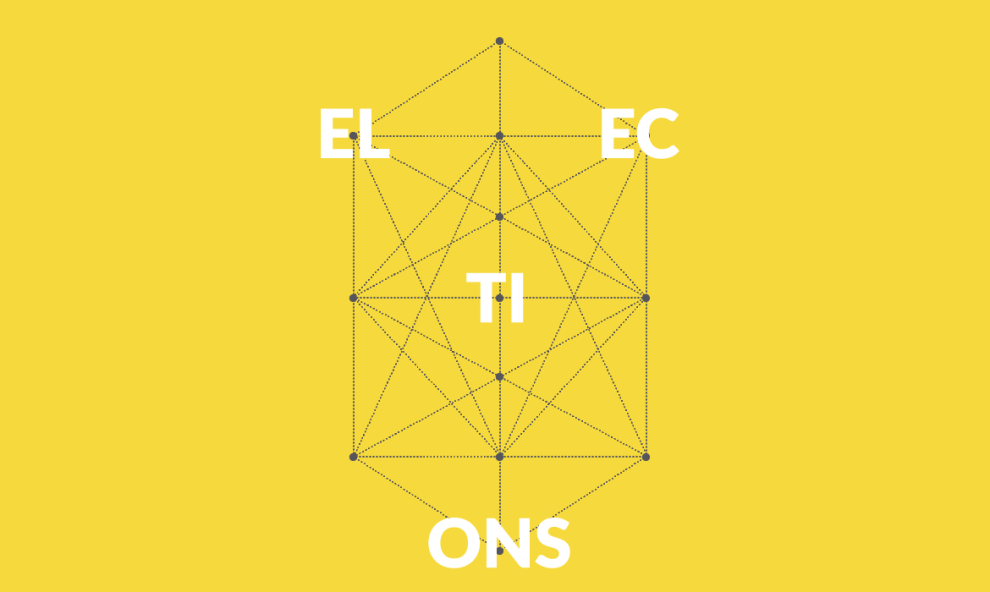After the July 7th elections, both PAN and PRD put their continuity in the Pact for Mexico into question due to irregularities presented during the electoral process. Throughout the campaign, all political parties accused each other of carrying out unlawful acts ranging from vote buying to attacks against candidates (including threats and murders). All these irregularities show the parties’ lack of disposition to comply with the Pact for Mexico’s addendum in which all of them agreed to have fair elections where authorities from all levels would not use social programs or divert public resources towards political campaigns. Even though complying with the addendum was a condition to still be part of the Pact, what happened during the elections won’t affect its continuity given it won’t determine the approval of future reforms.
The Pact for Mexico is a tool designed by the federal government with the purpose of enabling the negotiation of several reforms with opposition parties; however, it would not exist if party leaders wouldn’t benefit from being in it. In fact, it is evident that all members consider the Pact to be an instrument of enormous relevance in order to break through the obstacles that are in the way of transforming the country; otherwise they wouldn’t participate in it. The cooperation with PRI government is questioned inside PAN and PRD but their party leaders, Gustavo Madero and Jesús Zambrano, have defended the Pact due to the fact that it’s a powerful negotiation tool when facing the Executive Power and one which they lack since they are internally divided and do not fully control their parties in Congress. Without the Pact both party leaders wouldn’t have communication with government and the visibility derived from it. Besides, the balance after the elections doesn’t seem as unfavorable as initially thought (due to the fact that the PAN-PRD alliance won Baja California among other state capitals), thus avoiding party members to associate an electoral defeat with legislative cooperation. No one can claim an absolute triumph and no one was absolutely defeated, which are ideal conditions to sustain the Pact. On the face of this scenario, the elections result would only modify the Pact if it altered the local political legislative balances (a necessary condition for a Constitutional reform). The elections last Sunday renewed local Congresses and one Governor but didn’t change the Federal Congress one bit, which is where the major reforms of the country are discussed.
On July 7th, elections didn’t modify the legislative scenario on the face of future reform discussions that will occur in the next ordinary session period. Since it’s not a national election, neither the Chamber of Deputies nor the Senate changed their structure. In addition, PRI and PVEM have an absolute majority (50%+1) in five of 31 legislations and when taking PAN into account, that number rises to 14. That is to say, a coalition between these three parties would only need of two more legislations in order to approve a potential energy reform. Following the Program of Preliminary Electoral Results (PREP) it can be foreseen that this very coalition (PRI, PVEM and PAN) will be a majority in Aguascalientes, Baja California, Chihuahua, Coahuila, Durango, Hidalgo, Puebla, Sinaloa and Veracruz. Assuming that parliamentary fractions, both in federal and local Congresses, would vote in a disciplined manner there would be no problem in approving Constitutional reforms that require two thirds in both federal Chambers and an absolute majority in at least half of local legislatures. Mexico’s reform agenda will continue in the same way until initiatives that would potentially divide part of the Pact’s members are presented: energy and taxing. Nevertheless, the eventual Pact break-up wouldn’t be a factor that would prevent from approving these reforms due to the ideological affinity of PRI with PAN.
CIDAC






Comments